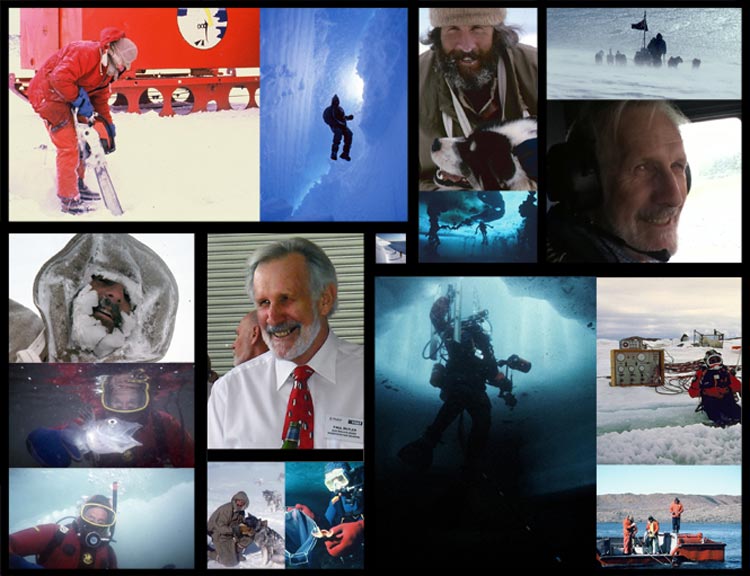Paul Butler 1943 – 2011
Sadly Paul passed away suddenly on the 14th of September, 2011 whilst in Marseilles. Paul had been the manager of ADAS since 1996, and was instrumental in developing the scheme into what it is today.
Paul was born in Adelaide on the 16th of March 1943. He spent short periods of work in the Australian Services Canteen Organisation, Australian Glass Manufacturers and The Victorian State Public Service Crown Law Department. From 1960 to 1980 he was active in 2 Commando Company, Williamstown where he eventually attained the rank of Captain, and he also served in the United Nations Forces in Cyprus. In 1962 he joined the Victoria Police where his love of diving was born as a member of the Search and Rescue Squad where he was involved in over 600 operations. He then headed south with the Australian National Antarctic Research Expeditions as expedition leader then later as project manager and diving superintendent (1980 -1990).
Throughout this time he was also the NSW state manager for National Safety Council of Australia (NSCA) where he carried out search and rescue operations for the RAAF. He then went on to the Australian Emergency Management Institute in 1990 where he conducted and managed emergency training for emergency services, government and the private sectors. In 1994 Paul worked with Des Walters in the Descend Underwater Training Centre in Albury NSW, where he was the senior commercial dive instructor, training in AS 2815 Parts 1, 2 & 3. From 1996 to 2003 he managed Offshore Safety and Security in the Department of Industry, Tourism and Resources (DITR). It was in 2003 that Paul undertook the leadership role of ADAS in which he was strongly instrumental in developing one of the world’s leading and safest diver accreditation schemes.

Paul’s friend and work colleague, Rob Gatt wrote about Paul:
“One of the things that stands out about nearly all the above work places is that they have several very strong themes in common that are essential to their success.
- They provide a service to the community
- They are about helping others in a time of need
- They are leadership roles in the community
- And they are positions that require close comradeship
Knowing Paul, it comes as no surprise that these were the places of work he was drawn to, but also that he would go on to be a leader within many of them. Places where his strong leadership skills would allow him to work with his mates to help others in the community.”
